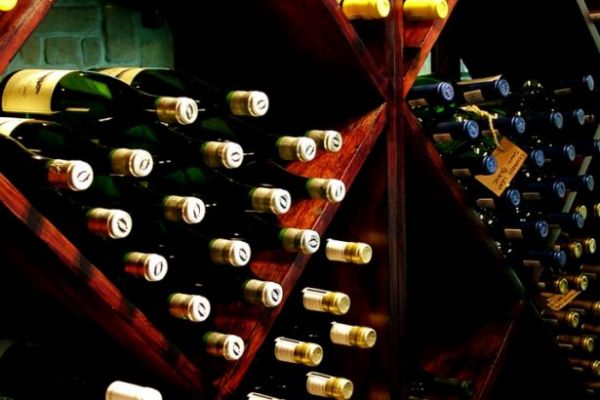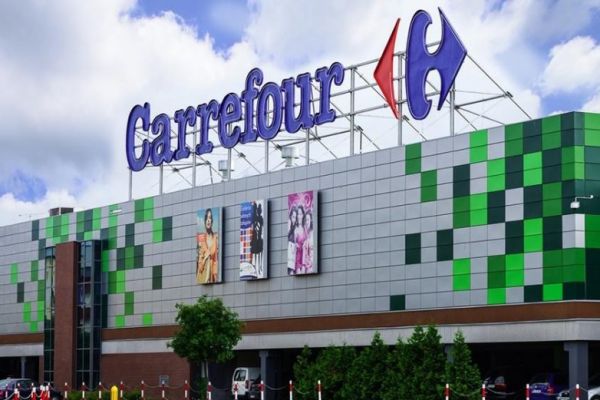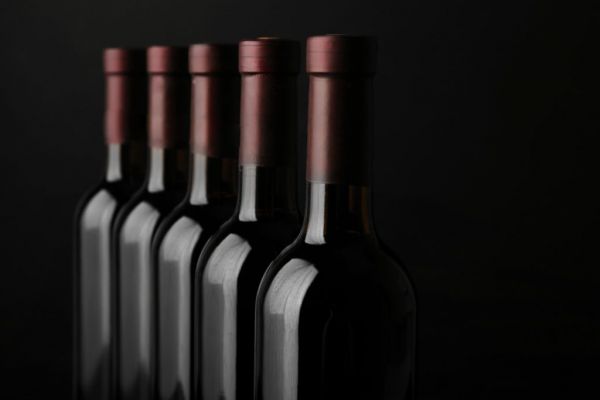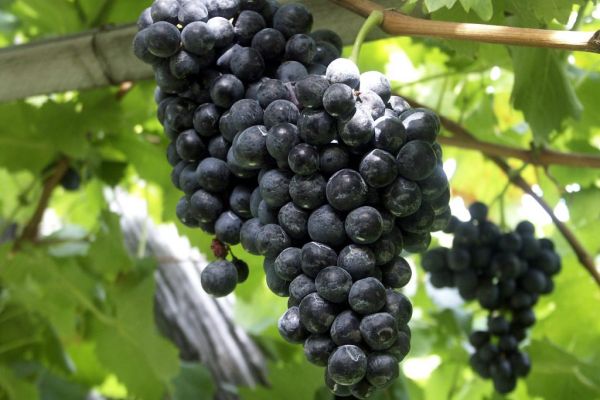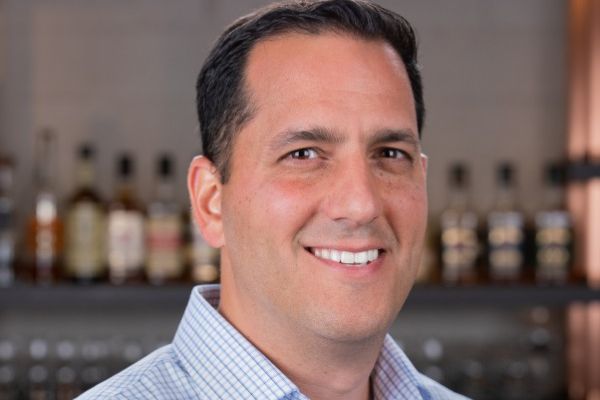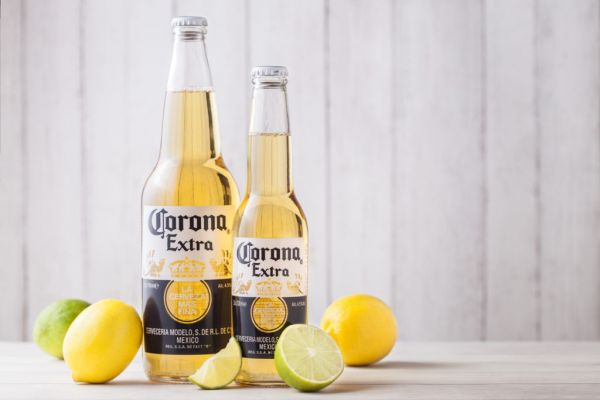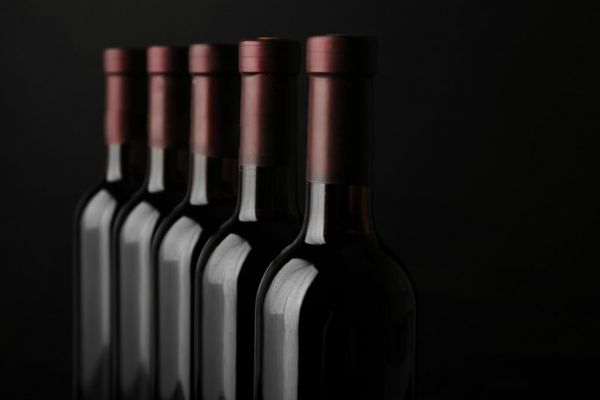Chateau Margaux’s 2015 vintage going on sale this spring will mark the Medoc estate’s completion of a new winery by British architect Norman Foster as well as the bicentennial of the neo-Palladian mansion that embodies the vineyard and adorns its labels.
Those two events alone would have made the past year a memorable one for Margaux. What will probably set it apart further is the likely quality of the new vintage.
An exceptionally warm, dry growing season, combined with continuous sunshine during the harvest in September, augur well for the chateau and the region around it, according to wine professionals. After three tough vintages in Bordeaux between 2011 and 2013, and a return to a more classic style in 2014, last year’s wines have the potential to be the best since the critically-acclaimed 2009 and 2010 harvests.
“It’s a great vintage,” Margaux’s owner Corinne Mentzelopoulos said in an interview last month in her ornate drawing room overlooking the chateau gardens and winery. “2015 is big. We didn’t have a drop of rain since the start of September. We harvested in the sun.”
Grapes were small and thick-skinned with intense juice levels. “You could tell there was going to be a lot of concentration from the start,” Mentzelopoulos said.
The glass-sided building, its steel tanks visible from surrounding vineyards, has taken five years to complete, with Foster combining a modernistic look in the light-filled vat rooms with use of traditional roof tiles to make it blend in with its surroundings.
The winery continues the family tradition of investment and innovation, begun when her father Andre Mentzelopoulos, a Greek businessman who spoke six languages, owned property in Paris and expanded the Felix Potin grocery store chain, spotted the estate in 1977. At the time Bordeaux growers were suffering from a run of poor vintages, which led to low prices and a lack of investment, and the chateau had been on the market for two years.
“His major coup was the acquisition of Margaux,” Mentzelopoulos said, recalling her father’s visit to Bordeaux to inspect the property, owned at that time by the Ginestet wine-trading family. “Flying back from London he read in the Financial Times that Margaux was for sale, and had the intuition that this was something very special. He took the decision in the two-hour visit. I was with him. It changed our life.”
The estate traces its history as a vineyard back more than 400 years and by the end of the seventeenth century comprised 265 hectares (655 acres), of which about one third was planted with vines. In 1705, Margaux was being auctioned in London and within a few years English Prime Minister Robert Walpole had become an aficionado. The chateau was built by Bertrand Douat, Marquis de la Colonilla, in 1815, replacing an earlier manor house on the site, and 40 years later the estate was included as a first growth in the 1855 classification of Bordeaux drawn up for Napoleon III’s universal exhibition in Paris.
As a result Andre Mentzelopoulos realized he was acquiring not just prime vine-growing land but a piece of Bordeaux history. “He wasn’t looking for a vineyard but he was very involved in real estate in Paris,” his daughter Corinne said. “Margaux was a diversification for him.”
He hired architects and decorators to restore the property and construct a large underground cellar and engaged Emile Peynaud, an oenologist, author and researcher at the University of Bordeaux, as wine consultant.
Her father’s death in 1980 left Corinne in charge of the estate, a role she has developed over the years, assisted by Managing Director Paul Pontallier and a team that now numbers about 80 people.
At an auction held at Sotheby’s in New York in October to mark the Mentzelopoulos era spanning almost four decades at the estate, wines from 1900 to 2010 were on offer at an event which raised $2.8 million and was 100 per cent sold.
Among top-selling wines was a single bottle of Chateau Margaux’s 1900 vintage, rated by U.S. critic Robert Parker as one of the estate’s top three on record, which fetched $61,250. Other bottles from historic vintages included one from 1929, which sold for $12,250 and a 1945 which went for $11,638.
A 12-bottle case of the landmark 1982 vintage sold for $36,750, or $3,063 a bottle, while two cases of the 1990 vintage fetched $34,300 each, or $2,858 a bottle, according to Sotheby’s.
Other top-priced vintages from the past 40 years included the 1983 and 2003, which both fetched the equivalent of $1,838 a bottle at the auction, according to Sotheby’s data. The 2009 sold for $1,735 a bottle and the 2005 for $1,633.
On the 2015 vintage, Mentzelopoulos said yields reflected drier conditions in Margaux than the more northerly Pauillac appellation where three other first growth estates are based. “You don’t want big yields but you don’t want tiny yields,” she said. “It’s a question of balance. We don’t have an ideology.”
Now that the new wine cellar is built and its first full vintage is in, Mentzelopoulos said she is continuing to focus on running the estate and has no plans to emulate some of the other Bordeaux winemakers that have bought properties in places such as California’s Napa Valley or South America.
“We work so hard that I don’t see how we can spend extra energy in Napa,” she said. “What will it bring to Margaux? I just don’t see the need.”
News by Bloomberg, edited by ESM. To subscribe to ESM: The European Supermarket Magazine, click here.
